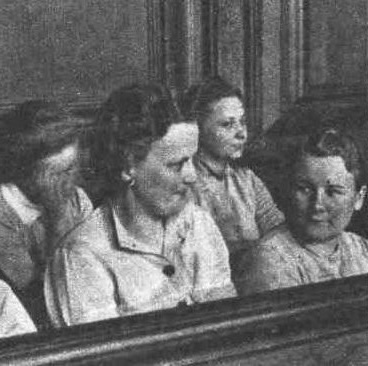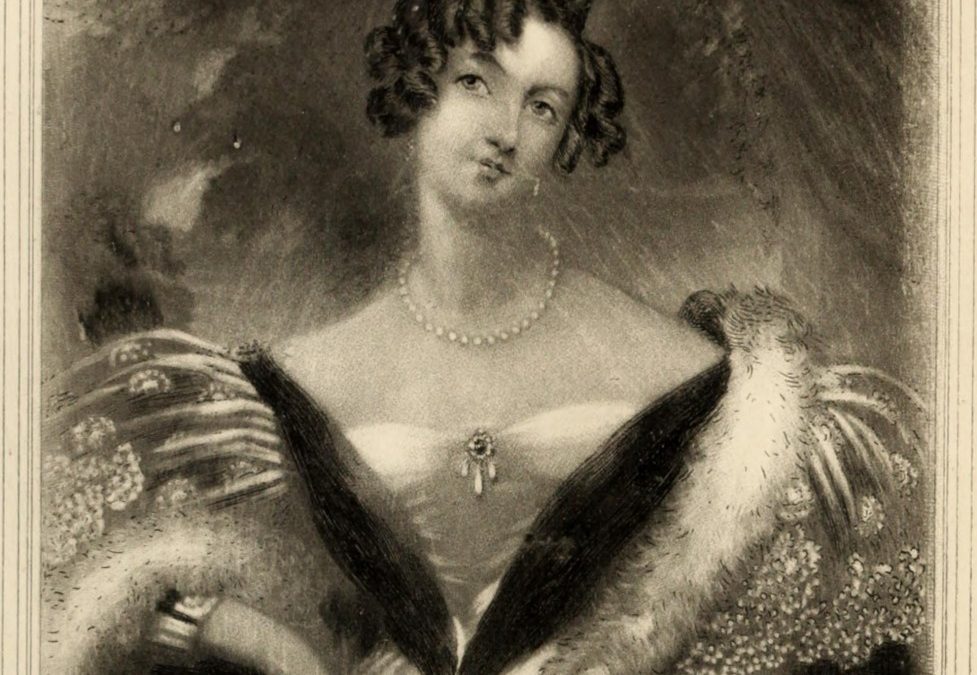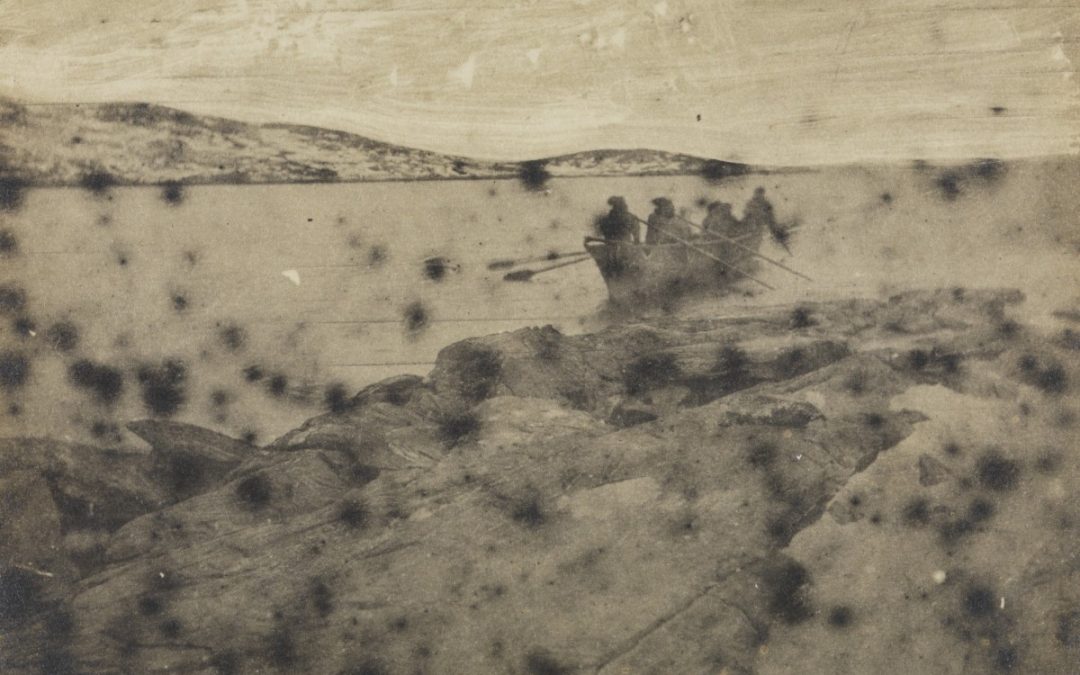They didn’t
“rise to the occasion”…
Book review:
Shantung Compound:
The Story of Men and Women
Under Pressure
by Langdon B. Gilkey (1919-2004)
Harper & Row, New York, 1966
242 pages
This is the most provocative book I’ve read in my adult life.
It powerfully evokes a very civilized despair for the human social condition. It tells us that the Western notion of the social contract is a wistful, romantic notion. I think I said that in a nice way. Shantung Compound was a blunt, clarifying, transformative read for me.
In Gilkey’s words, “This book is about the life of a civilian internment camp in North China during the war against Japan . . . Because internment-camp life seems to reveal more clearly than does ordinary experience the anatomy of man’s common social and moral problems and the bases of human communal existence, this book finally has been written.”
Gilkey was a 24-year-old American teacher in a Chinese university when World War II commenced. He and about 2,000 others, men, women, and children, mostly Europeans including academics, clergy and businessmen, were imprisoned for more than two years in relatively benign conditions in the Weihsien camp near Shantung. Their Japanese captors provided the bare minimum of food and coal, and told the inmates to run the camp inside the walls.

Shantung Compound is Gilkey’s account of the endlessly frustrated attempts, by various camp leaders and elected committees and a few charismatic individuals, to enforce a fair allocation of the smallish rooms and dorm beds, to get everyone to do a fair share of work, to prevent stealing, to settle social disputes, to provide for the exceptional needs of the elderly, the frail, the young kids, the nursing mothers…
The overwhelming truth is that, facing the prospective dangers and daily extremities of camp life, nearly all of the internees didn’t “rise to the occasion” to protect the weak and to cooperate rationally for their own good and the common good.
Instead, this is what nearly all of the internees—most of them white, educated, Western—tended to do most of the time: they conspicuously looked out for themselves and their families, declined to do more than a modicum of work, refused to give up some of their “equal” share of food and housing to needier fellow inmates, shied away from volunteer leadership, declined to share the contents of relief parcels sent by their “own” governments, stole food and supplies whenever possible, refused to punish the egregious wrongdoers among them, and rationalized most of their uncharitable, uncooperative, and uncivil behavior in complex variations of religious and humanist moralities…
Mind you, this wasn’t humanity in a state of nature. There wasn’t any “. . . Nature, red in tooth and claw” stuff. The Japanese guards remained aloof from the prisoners’ largely autonomous camp administration, and the guards permitted black market trading with villagers outside the camp. The internees lived in dismal but not life-threatening conditions. They lived peaceably, often manifesting their shortcomings in a nominally genteel way. In a perverted sense, they were in a protected environment, and really didn’t worry much about anything except surviving in a tolerably impoverished condition as part of a generally homogeneous group.
They could have lived an Enlightenment fantasy in Shantung Compound. They could have established a coherent community with orderly cooperation, consensual leadership, and rational allocation of food, housing and civic niceties to appropriately satisfy the disparate needs of all.
But they didn’t.
Here endeth the lesson for today.
In 1990 Gilkey was interviewed by Joe Bessler-Northcutt for an article in the American Journal of Theology & Philosophy (2007, Vol 28, No. 1). Gilkey said: “…it began to dawn on me that our political problems…were really moral problems. I wasn’t right that there were only material problems and organizational problems—learning how to cook and organizing the kitchen and so forth—but that a community has a lot of other things going on. And that it was the moral, insofar as there was any reflection there, that holds the community together. You have got to have supplies, you have got to have organization, that I knew very well. But you have also got to have some kind of moral structure to the community or the supplies, and the organization are not going to get you anywhere. Now that’s the main theme of the book.”
* * * * * *
Book review. Copyright © Richard Carl Subber 2017 All rights reserved.
Book review: Lord of the Flies
Never more relevant…
by William Golding
click here
My first name was rain: A dreamery of poems with 53 free verse and haiku poems,
and the rest of my poetry books are for sale on Amazon (paperback and Kindle)
and free in Kindle Unlimited, search Amazon for “Richard Carl Subber”
Your comments are welcome—tell me what you’re thinking.
* * * * * *






